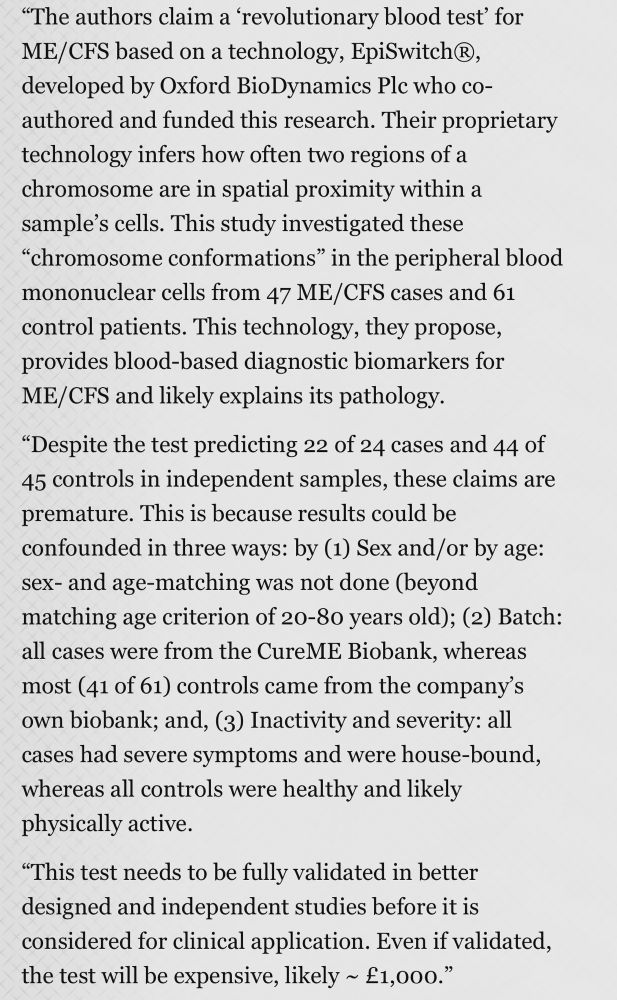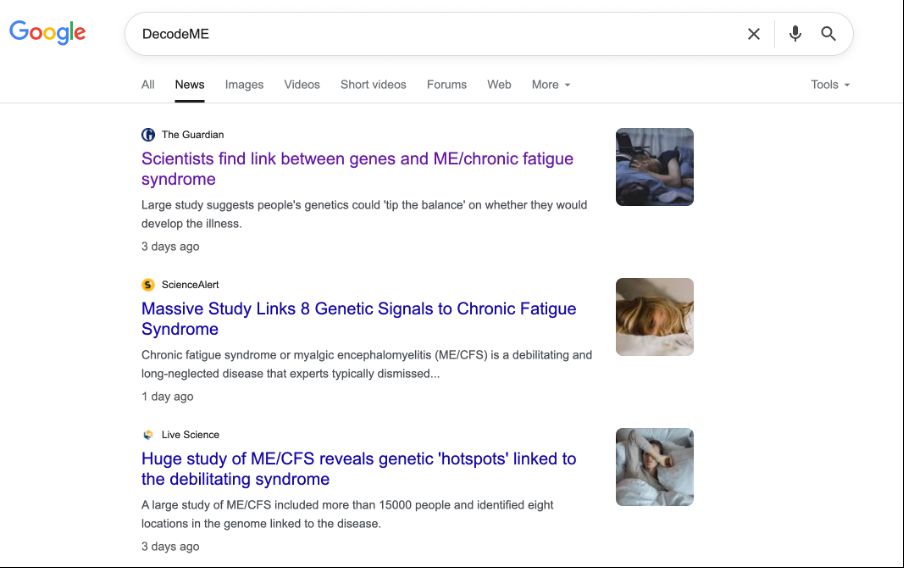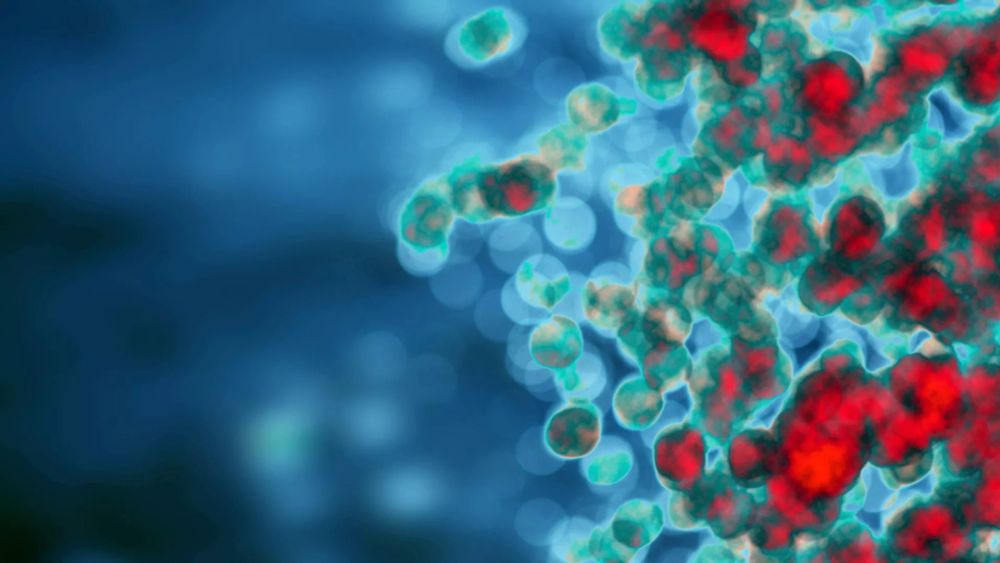edin.ac/3MDRZle

edin.ac/3MDRZle
See: www.findaphd.com/phds/project...
We offer: Exciting and rigorous science, PPI, truly interdisciplinary and fantastic research culture!
Please contact us to discuss before applying!

See: www.findaphd.com/phds/project...
We offer: Exciting and rigorous science, PPI, truly interdisciplinary and fantastic research culture!
Please contact us to discuss before applying!
Want to do a PhD with @aryback.bsky.social, @avakhamseh.bsky.social, @sjoerdvbeentjes.bsky.social & @cgatist.bsky.social?
Then apply for a *funded* Future Medicine PhD Fellowship.
See: www.findaphd.com/phds/project...
Please contact us to discuss before applying.

Want to do a PhD with @aryback.bsky.social, @avakhamseh.bsky.social, @sjoerdvbeentjes.bsky.social & @cgatist.bsky.social?
Then apply for a *funded* Future Medicine PhD Fellowship.
See: www.findaphd.com/phds/project...
Please contact us to discuss before applying.
It has been such a privilege to get to work on this with such a wonderful, inspiring team at @actionforme.bsky.social, including our brilliant Patient and Public Involvement Group, made up of people with lived experience of ME and Long Covid.
For more information, our FAQs, and to take part, head to our web page: www.actionforme.org.uk/research-campaigns/our-research-work/big-survey/
Thank you for supporting our research💙
🤝in collaboration with
@durhamimh.bsky.social @kacheston.bsky.social




It has been such a privilege to get to work on this with such a wonderful, inspiring team at @actionforme.bsky.social, including our brilliant Patient and Public Involvement Group, made up of people with lived experience of ME and Long Covid.
The 5 yearly survey of people in the UK with ME/CFS will open on Monday 13th October. It has been developed by AfME in collaboration with @kacheston.bsky.social Dr Katherine Cheston at Durham University.
www.actionforme.org.uk/research-cam...
#MEcfs #PwME #CFS

The 5 yearly survey of people in the UK with ME/CFS will open on Monday 13th October. It has been developed by AfME in collaboration with @kacheston.bsky.social Dr Katherine Cheston at Durham University.
www.actionforme.org.uk/research-cam...
#MEcfs #PwME #CFS
🧵

🧵
www.theguardian.com/society/2025...

www.theguardian.com/society/2025...
"Building Infrastructure for Patients, Researchers and Industry for Myalgic Encephalomyelitis/Chronic Fatigue Syndrome (ME/CFS)". Closing date for applications is 15 September 2025. #pwME #MEcfs
elxw.fa.em3.oraclecloud.com/hcmUI/Candid...
"Building Infrastructure for Patients, Researchers and Industry for Myalgic Encephalomyelitis/Chronic Fatigue Syndrome (ME/CFS)". Closing date for applications is 15 September 2025. #pwME #MEcfs
elxw.fa.em3.oraclecloud.com/hcmUI/Candid...
Find out more: https://meassociation.org.uk/ir3e
#MECFS #pwME #SevereME #MyalgicE #DecodeME #HowesGoudsmitAward

Find out more: https://meassociation.org.uk/ir3e
#MECFS #pwME #SevereME #MyalgicE #DecodeME #HowesGoudsmitAward
Very much looking forward to teaching and discussing!
We're thrilled to be hosting the @embo.org Practical Course 'Causality in biomedicine: going beyond associations' from 4 – 9 October 2026.
Register your interest and be the first to hear when the course opens for applications: www.ebi.ac.uk/training/eve...

Very much looking forward to teaching and discussing!
We encourage researchers to explore and build on our findings. Apply for access to our rich dataset now shorturl.at/F8aOM

We encourage researchers to explore and build on our findings. Apply for access to our rich dataset now shorturl.at/F8aOM
"X marks the spot where ME/CFS biology can be discovered"
www.decodeme.org.uk/x-marks-the-...
#MyalgicEncephalomyelitis #ChronicFatigueSyndrome #MEcfs #CFS #PwME

"X marks the spot where ME/CFS biology can be discovered"
www.decodeme.org.uk/x-marks-the-...
#MyalgicEncephalomyelitis #ChronicFatigueSyndrome #MEcfs #CFS #PwME
As an account that focuses on critically analyzing research (our name was 'ME/CFS Skeptic' for a reason!), we think it’s the real deal.
Here are a couple of reasons why it stands out. 🧵

As an account that focuses on critically analyzing research (our name was 'ME/CFS Skeptic' for a reason!), we think it’s the real deal.
Here are a couple of reasons why it stands out. 🧵

-
Summary of our results: shorturl.at/pgsjk
Check out our full preprint paper: shorturl.at/VwN3s

-
Summary of our results: shorturl.at/pgsjk
Check out our full preprint paper: shorturl.at/VwN3s
We're letting you know the timing in advance so you can pace beforehand.
Thank you to our participants & supporters.

We're letting you know the timing in advance so you can pace beforehand.
Thank you to our participants & supporters.
Audrey’s research will play an important part in understanding ME/CFS.
Read the pre-print here 👇
www.actionforme.org.uk/research-upd...
#MECFS #pwME

Audrey’s research will play an important part in understanding ME/CFS.
Read the pre-print here 👇
www.actionforme.org.uk/research-upd...
#MECFS #pwME
www.embopress.org/doi/full/10.....
Since the preprint, we replicated 9 of 14 traits in All of Us & showed that #pwME with PEM-like symptoms have stronger biomarker differences.
bsky.app/profile/cgat...
www.embopress.org/doi/full/10.....
Since the preprint, we replicated 9 of 14 traits in All of Us & showed that #pwME with PEM-like symptoms have stronger biomarker differences.
bsky.app/profile/cgat...

ME/CFS diagnosis however is a postcode lottery. It's much rarer in non-White communities and socioeconomically deprived areas, much worse than for other diseases
rdcu.be/eiEeu
ME/CFS diagnosis however is a postcode lottery. It's much rarer in non-White communities and socioeconomically deprived areas, much worse than for other diseases
rdcu.be/eiEeu



